The Affenpinscher is a tiny, watchful companion with a harsh, rough coat, a mischievous look, and big courage. Affectionate, playful, and clever, he still needs kind but consistent training and regular coat care (hand stripping/trimming).
Table of contents
- Origin & history
- Appearance & special traits
- Character & temperament
- Family life & cohabitation
- Training & basics
- Health & common topics
- Grooming & coat care
- Nutrition & weight
- Exercise & enrichment
- Home, city life & travel
- Puppyhood & socialization
- Adoption, costs & responsibility
- Who is the Affenpinscher right for?
- Breed facts
- More breeds & guides
Origin & history
The Affenpinscher is one of the oldest small pinscher/schnauzer-type breeds from Germany. Originally, he worked in kitchens and barns to keep rodents away. Later he became a lively, elegant companion—his “monkey-like” face with bushy brows and a little beard gave the breed its name. Mini in size yet sturdy and brave, he stays alert and responsive.

Appearance & special traits
Small, compact, and square in outline, the Affenpinscher wears a rough, harsh coat with dense undercoat that shapes the breed’s distinctive head. Black is most common, but black with markings, gray, silver, and red tones occur. Eyes are round and dark; the expression is alert and cheeky. Typical size is 24–30 cm (about 9–12 in); weight around 3–6 kg (about 7–13 lb).
He is very expressive—furrowed brow, lifted brows, and that tiny beard create the famous “ape” look. Despite a short muzzle he is not a brachycephalic breed like Pugs or Bulldogs; breathing is usually free when weight is healthy and the coat is maintained properly.
Character & temperament
Affenpinschers are curious, bold, playful, and very people-oriented. At home they are cuddly and seek eye contact; outdoors they show a bit of terrier spirit. Often humorous and clownish, sometimes headstrong. They tend to be reserved with strangers without overreacting. As a “mini watch dog” they will alert reliably—balanced rules prevent overdoing it.
Family life & cohabitation
This breed thrives with clear structure: set rest times, short play sessions, shared walks. They do well with respectful children—calm handling is key. They usually get along with other dogs; their bravery with big dogs should be guided. Cats are possible with proper introduction.

Training & basics
Training works best when it’s positive, short, and consistent. Affenpinschers are smart and willing when sessions are varied. Meet any stubborn moments with humor and clear boundaries—not pressure.
- Basics: Sit, Down, Here/Come, Stay; leash orientation.
- Impulse control: wait at doors/curbs, reward eye contact.
- Leash: build loose-leash skills in micro steps—see loose-leash guide.
- Brain work: trick training, targets, simple scent/search games.
- Home-alone skills: progress very slowly to prevent barking or clinginess.
Health & common topics
Generally a robust breed. Keep an eye on:
- Patellar luxation: protect knees; avoid jumping strain.
- Teeth: small breeds calcify quickly—start dental care early.
- Eyes: check for irritation; keep hair around the eyes clean.
- Weight: stay lean to protect joints.
Regular veterinary checkups and responsible breeding are the best prevention.
Grooming & coat care
The rough coat needs specific care to stay weather-resistant and tangle-free. Brush weekly and schedule regular hand stripping/trimming (remove dead outer coat) to preserve texture. Frequent clipping softens the hair and increases upkeep—prefer targeted tidy-ups. Keep eye corners and beard clean; wipe the beard after meals.
- Tools: stripping knife/coat-king or plucking comb, soft brush, undercoat comb.
- Bathing: infrequent, with mild shampoo; dry thoroughly.
- Nails & paws: trim and check regularly.

Nutrition & weight
Choose quality food with an appropriate energy level to keep the Affenpinscher trim and active. Weigh meals and count treats. Small mouths benefit from crunchy kibble/chews for dental hygiene. If your dog is sensitive, transition slowly to a well-tolerated recipe. Fresh water is always available.
Exercise & enrichment
This is not a couch toy but a small, sporty companion with moderate needs. Several short walks plus free sniff/run time and little games are enough. Skip very long bike rides or endless jogging. Great choices: tricks, nose work, mini obstacle courses.
- Daily rhythm: morning loop with focus games, brief potty break at noon, varied sniff/play walk in the evening.
- Heat safety: dark coats heat up—choose cooler hours in summer.
Home, city life & travel
Thanks to his size, the Affenpinscher suits apartments and city life. He likes to “announce,” so teach a calm cue from day one. Be careful with stairs, especially while growing. For travel he’s easy: secure crate or carrier, short stretch breaks, keep routines.
Puppyhood & socialization
Expose early but in small doses: sounds, surfaces, city stimuli, and different people. Effectiveness over duration. For first outdoor steps, see our guides: First walks and Puppy training. With the right start, this brave little dog becomes a polite city companion.

Adoption, costs & responsibility
Plan realistically: time, budget, and coat care. Choose a responsible source with health testing. Ongoing costs include food, grooming (stripping), vet care, insurance, and gear. A positive-methods class helps polish manners.
Who is the Affenpinscher right for?
- People who lead consistently and kindly and enjoy training
- City dwellers & homes with a clear routine
- Motivated first-time owners willing to maintain the coat
- Families with respectful children
Less suitable if you expect daily hours of intense sports or rough handling.

Breed facts: Affenpinscher
| Origin | Germany |
| Height | about 24–30 cm (9–12 in) |
| Weight | about 3–6 kg (7–13 lb) |
| Life expectancy | 12–15 years |
| Coat | rough/harsh with undercoat; bearded face |
| Colors | black (common), black with markings, gray/silver, red/fawn |
| Temperament | alert, bold, playful, strong-willed, affectionate |
| Exercise | moderate — several short outings + brain work |
| Grooming | medium — brushing & regular stripping/trimming |
| Good for first-time owners? | yes, with guidance |
| Notes | dental care & patellas; train calm/alert behavior |
| Price | from ~€1,500 (varies by source & quality) |


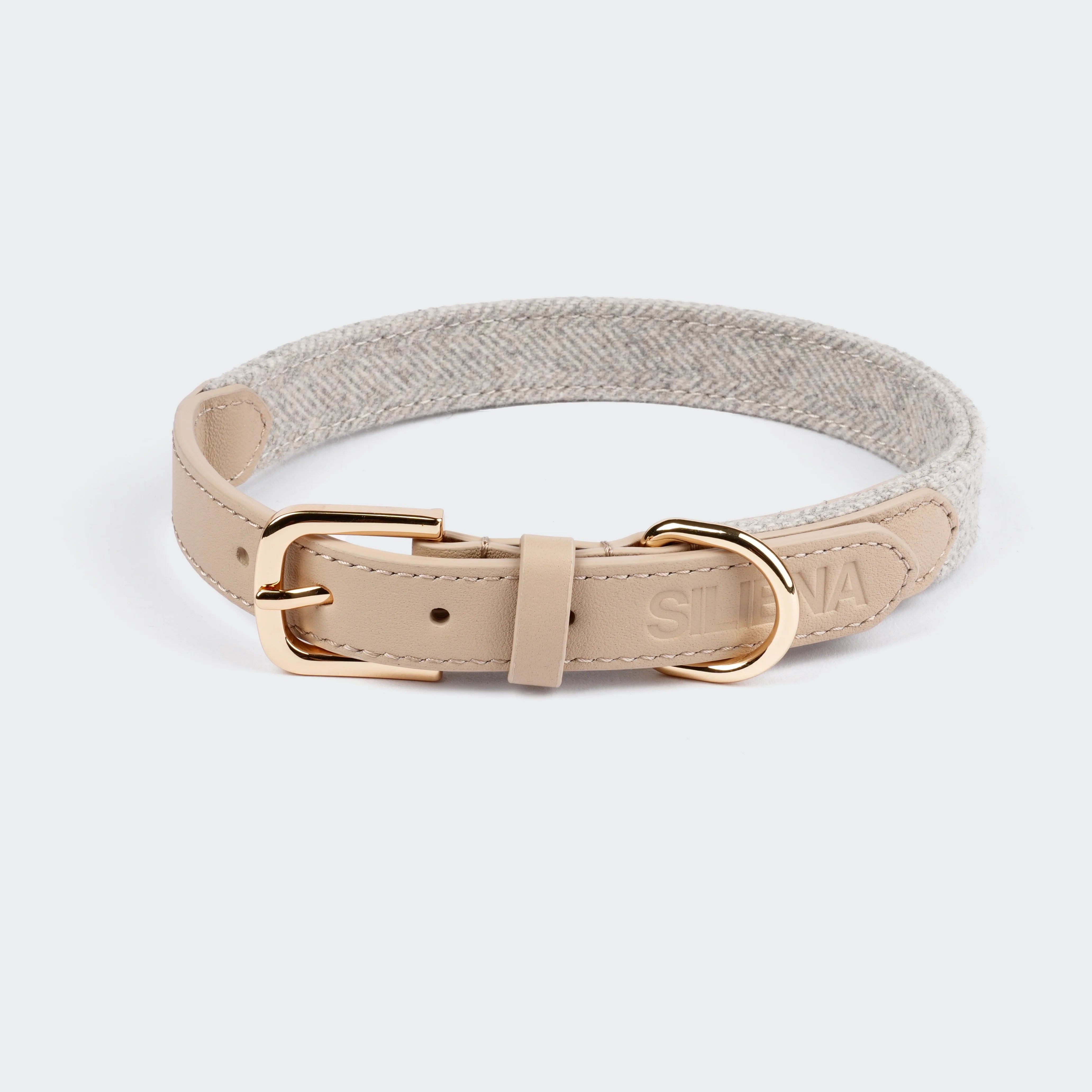
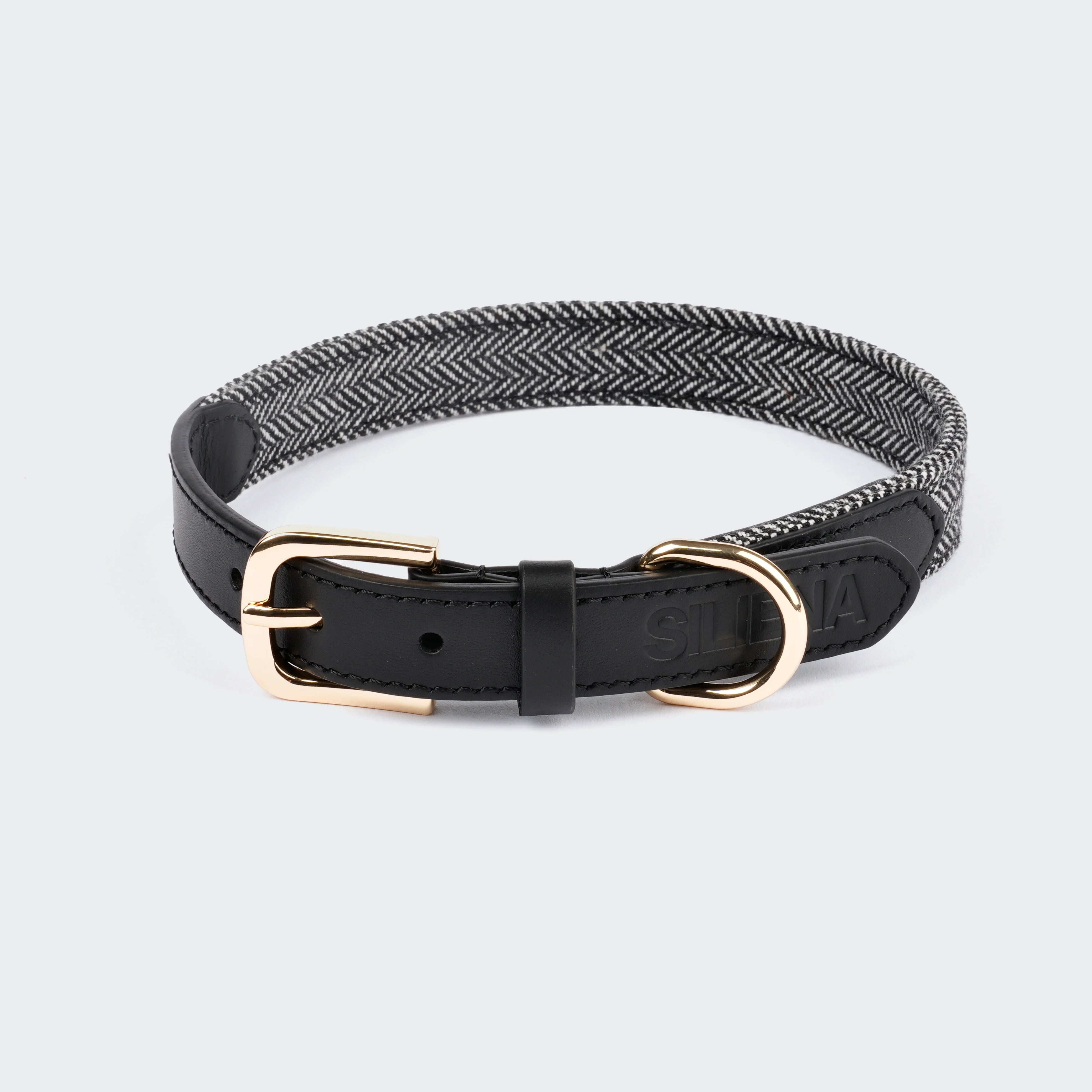
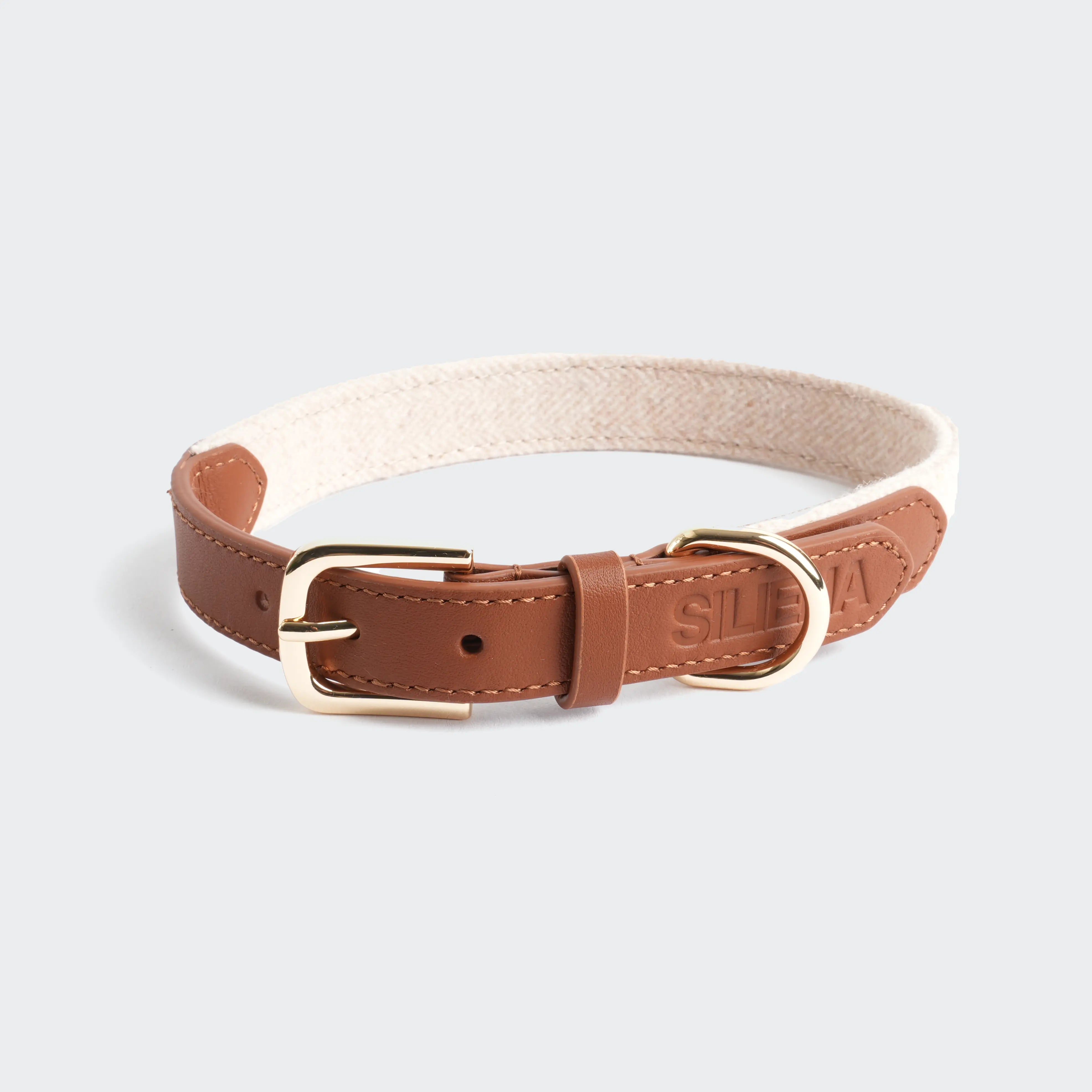
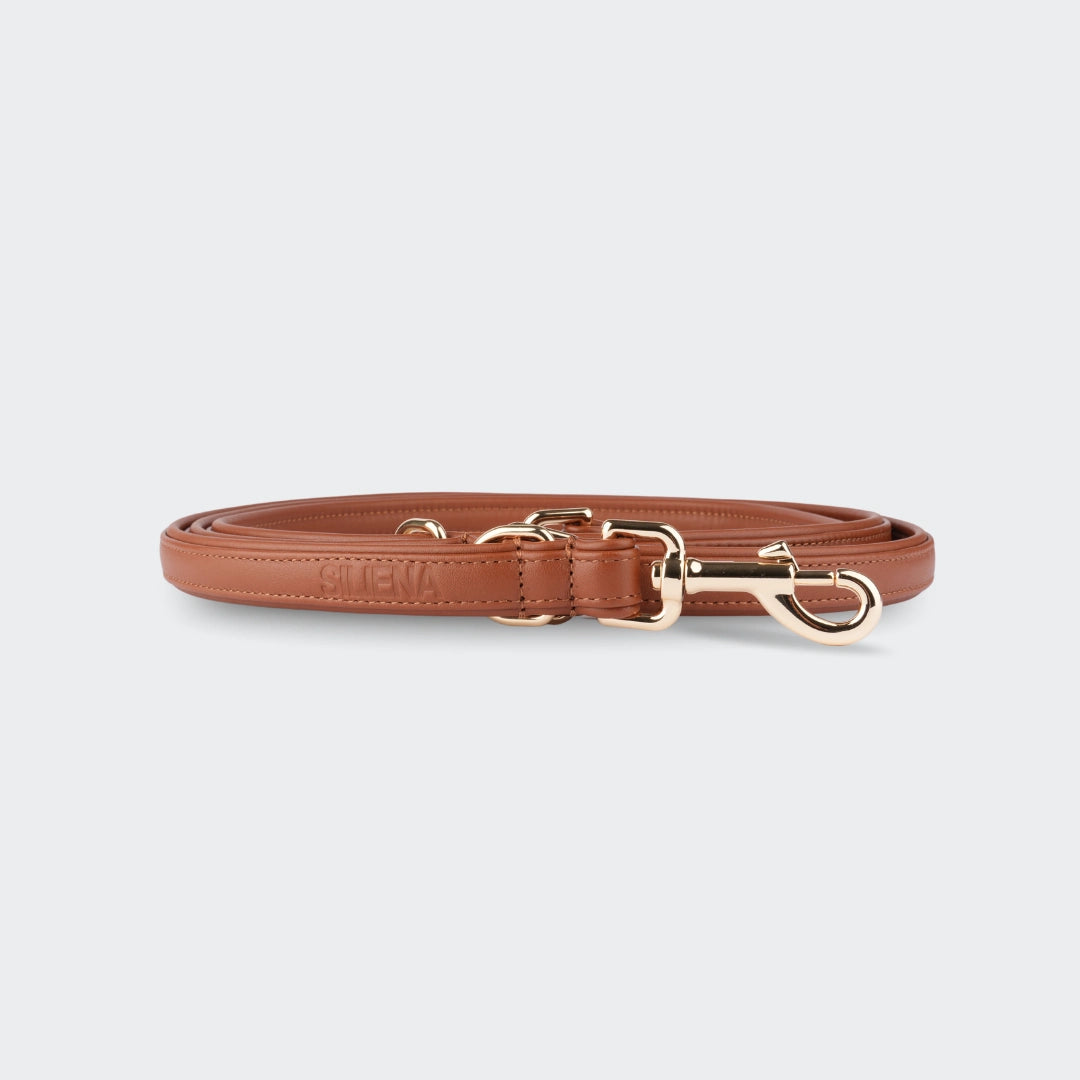
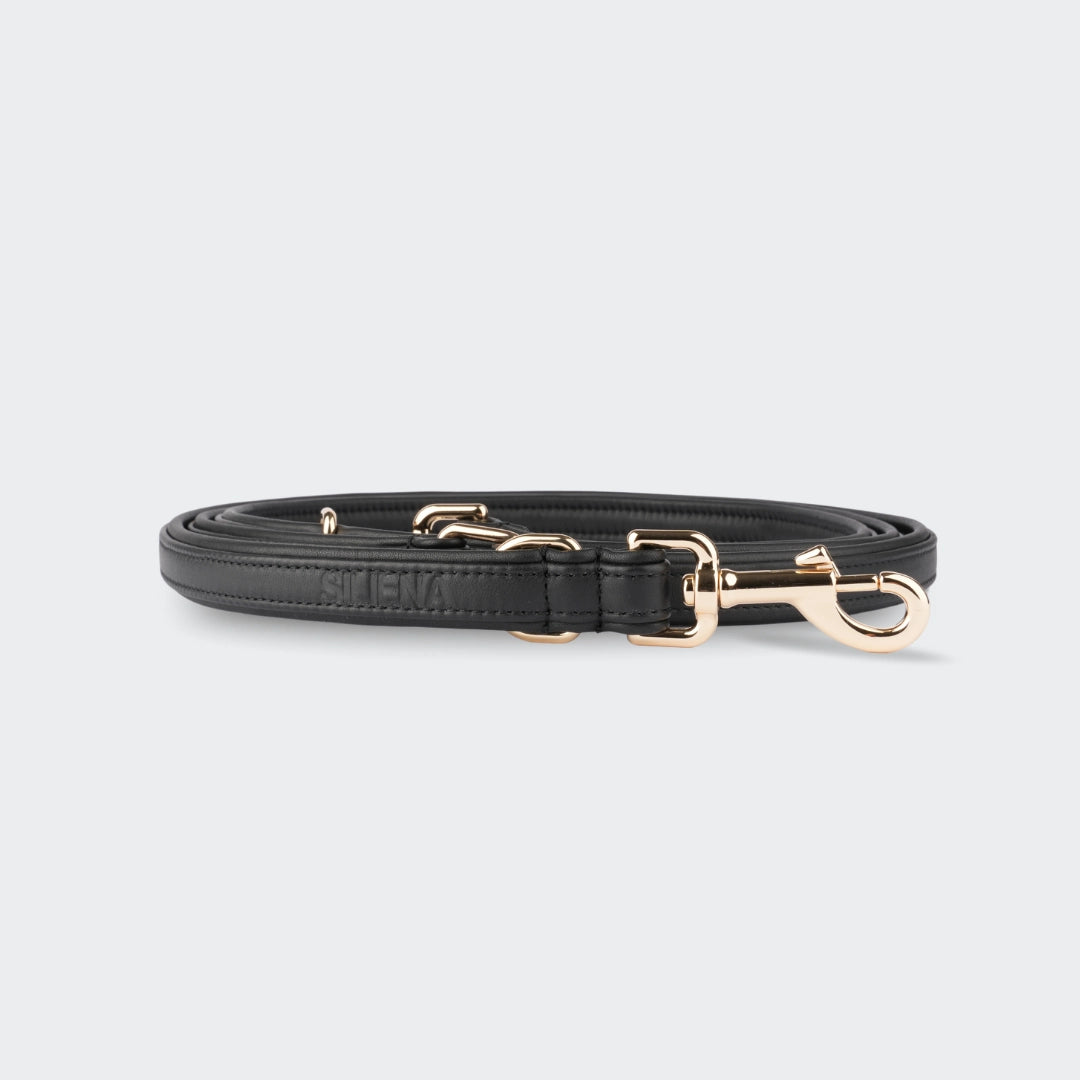
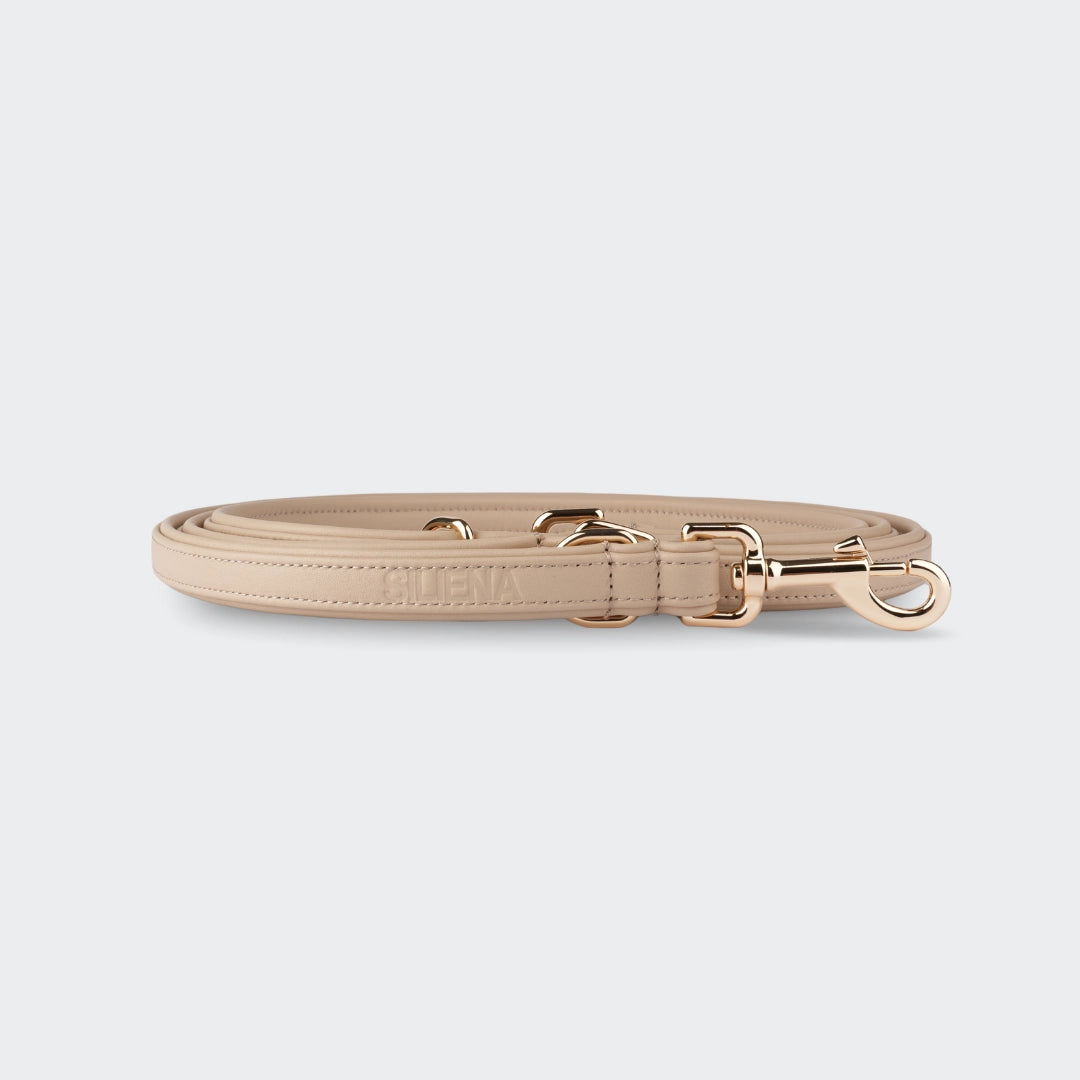
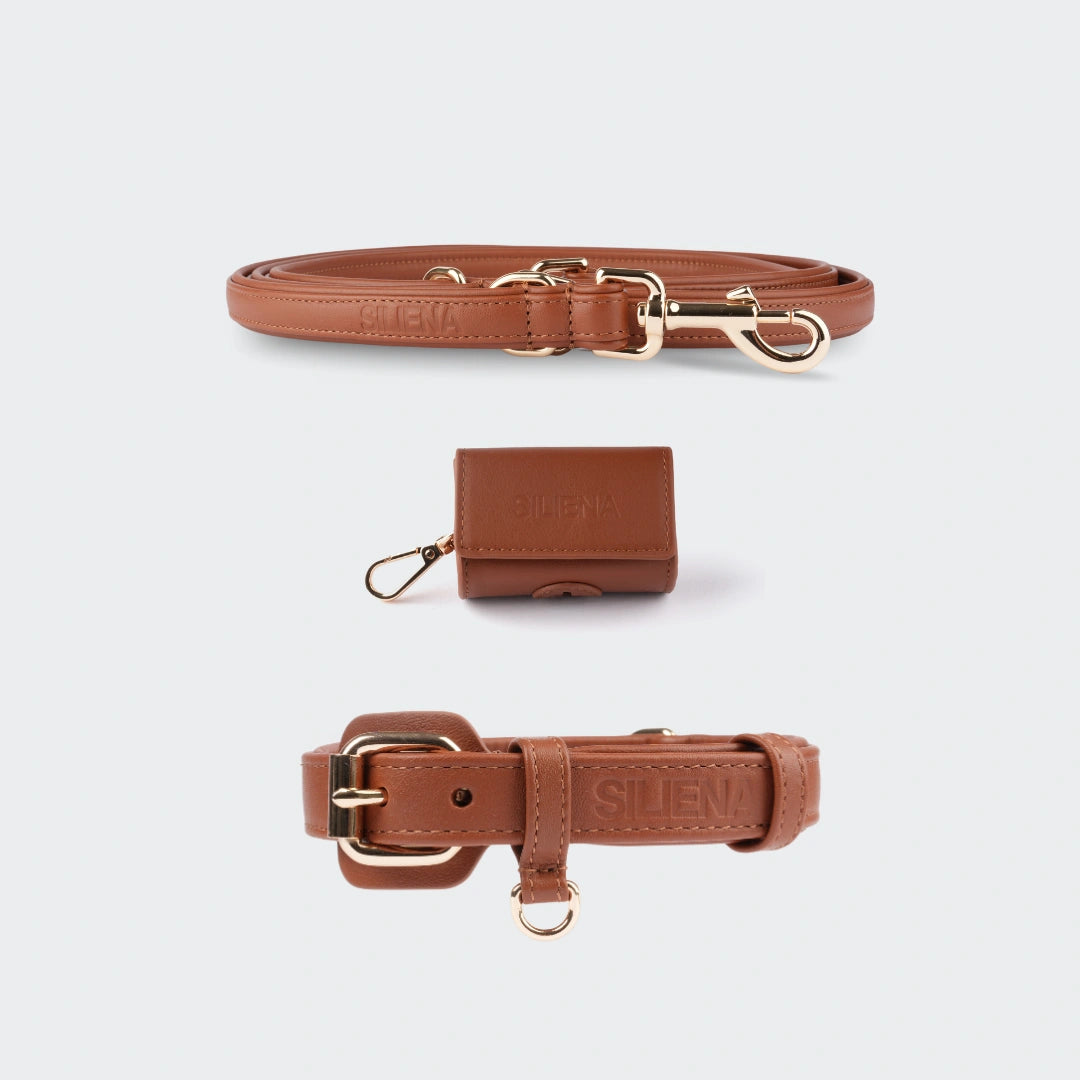
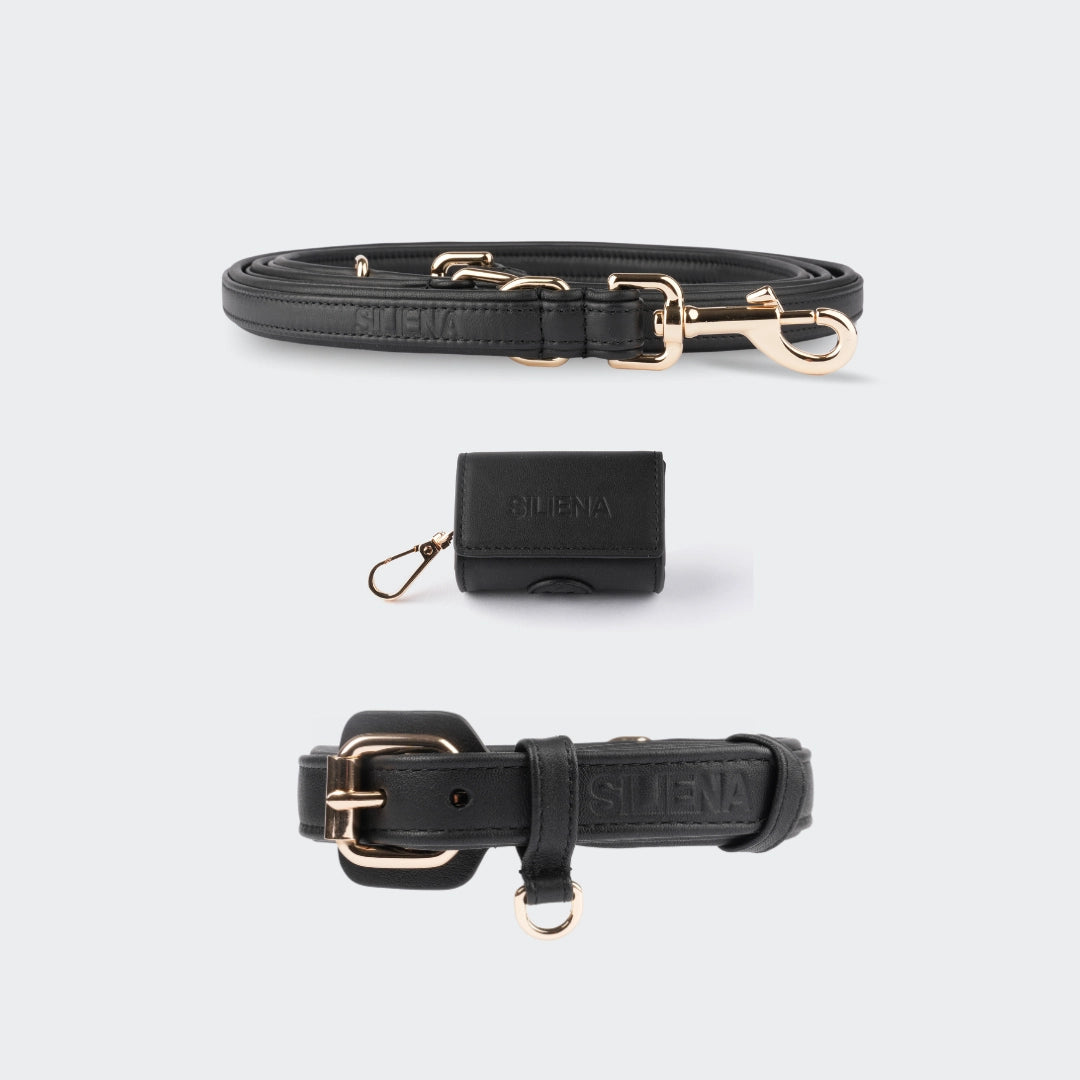
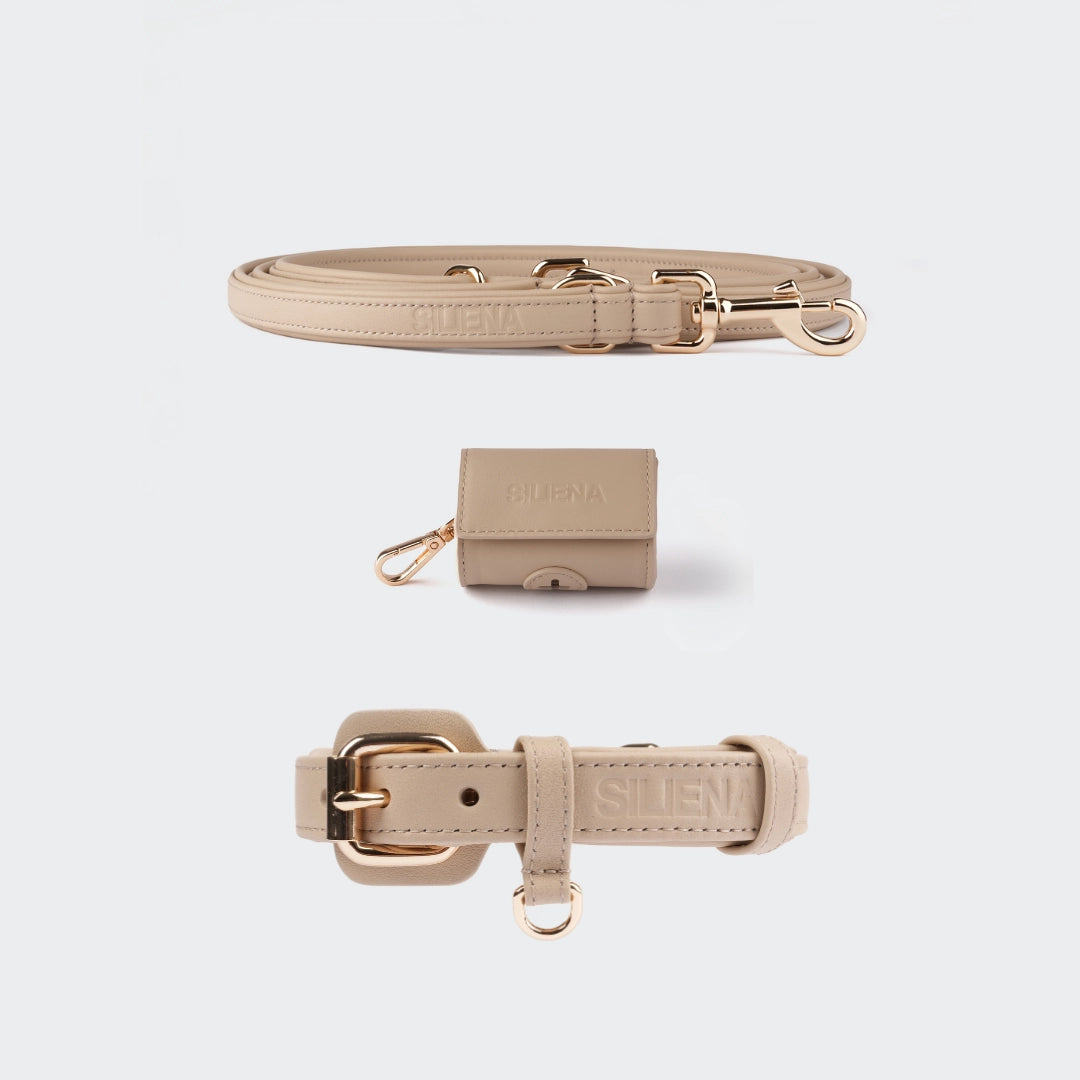
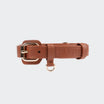
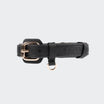
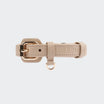
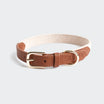
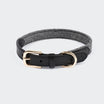
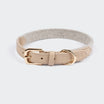
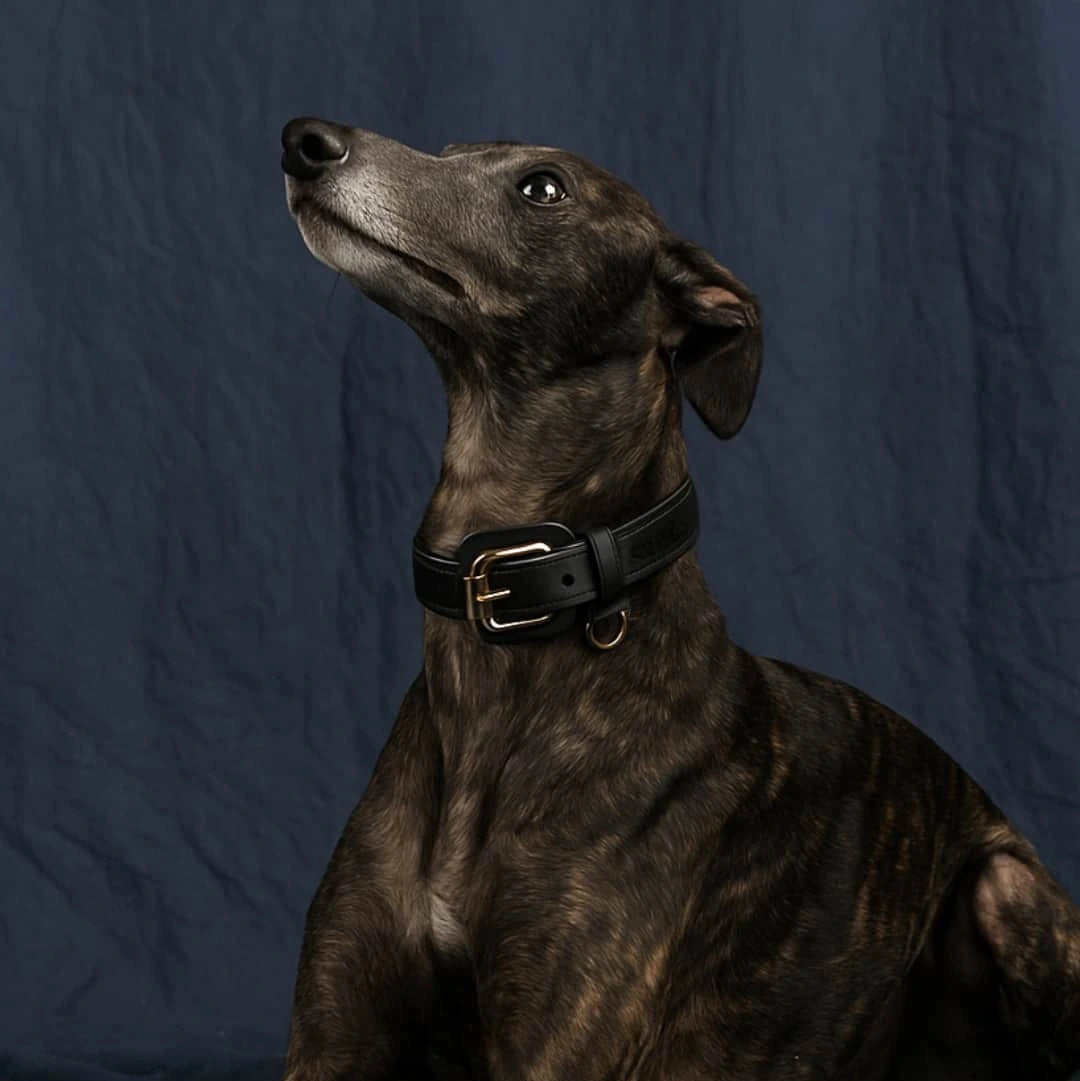
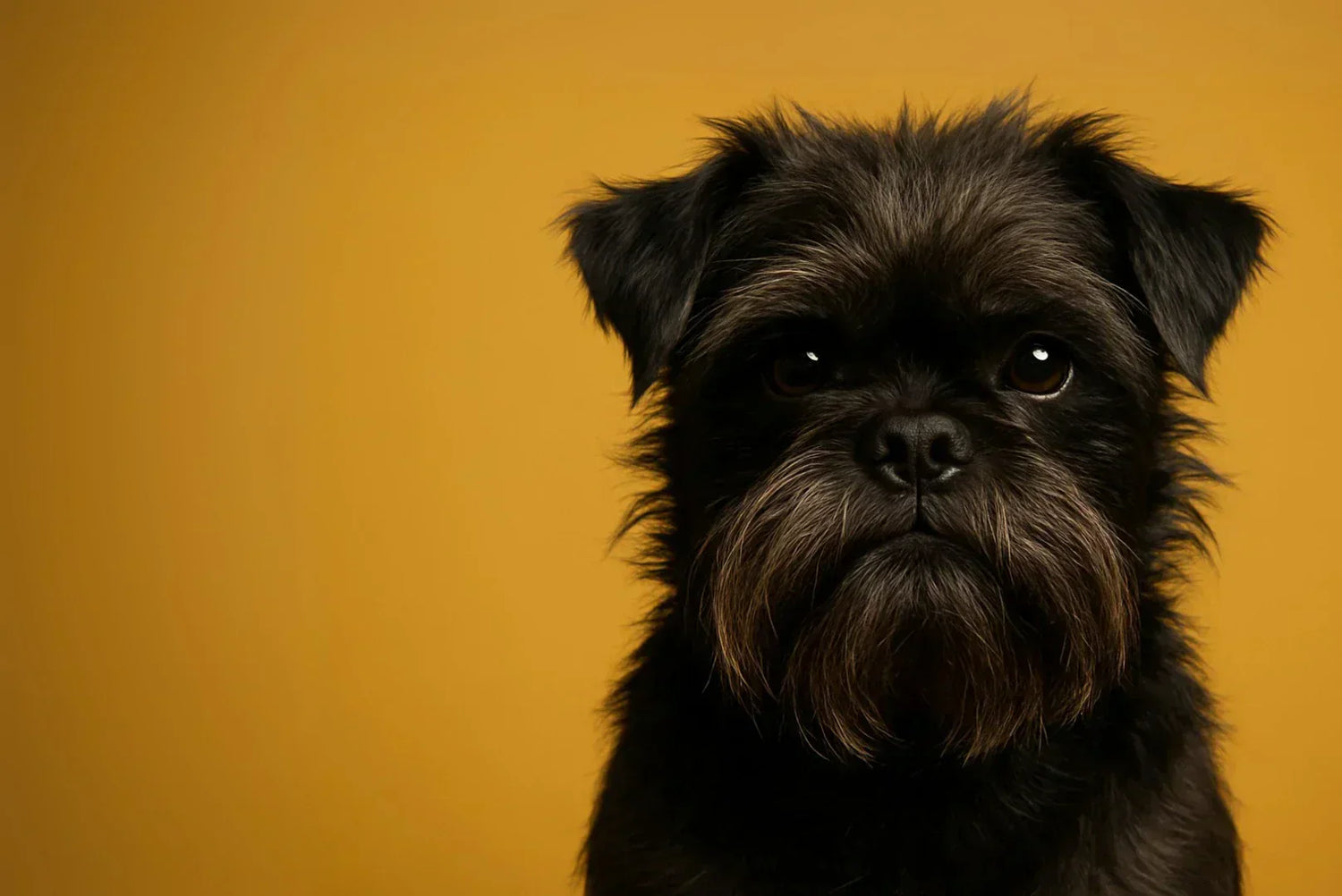
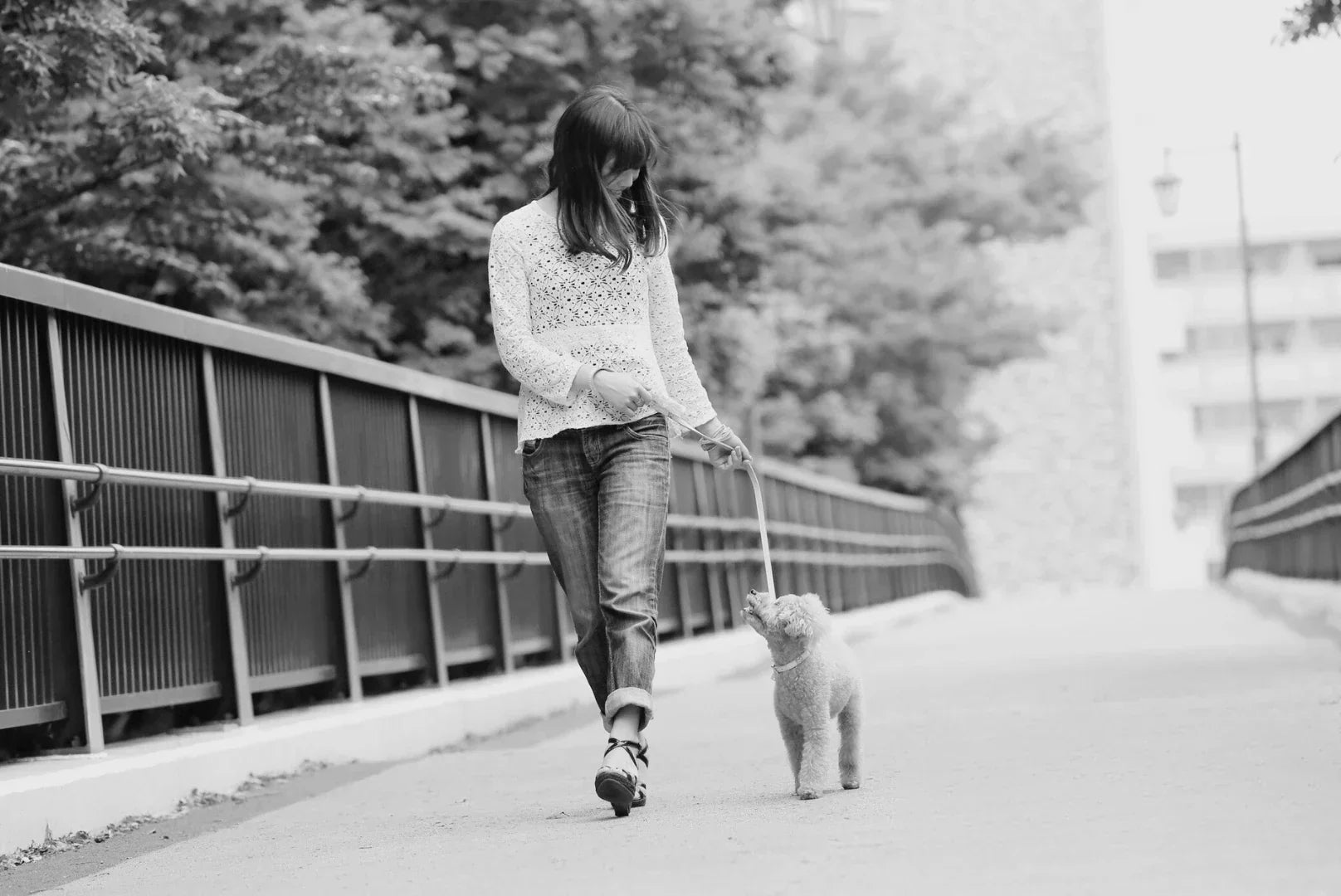
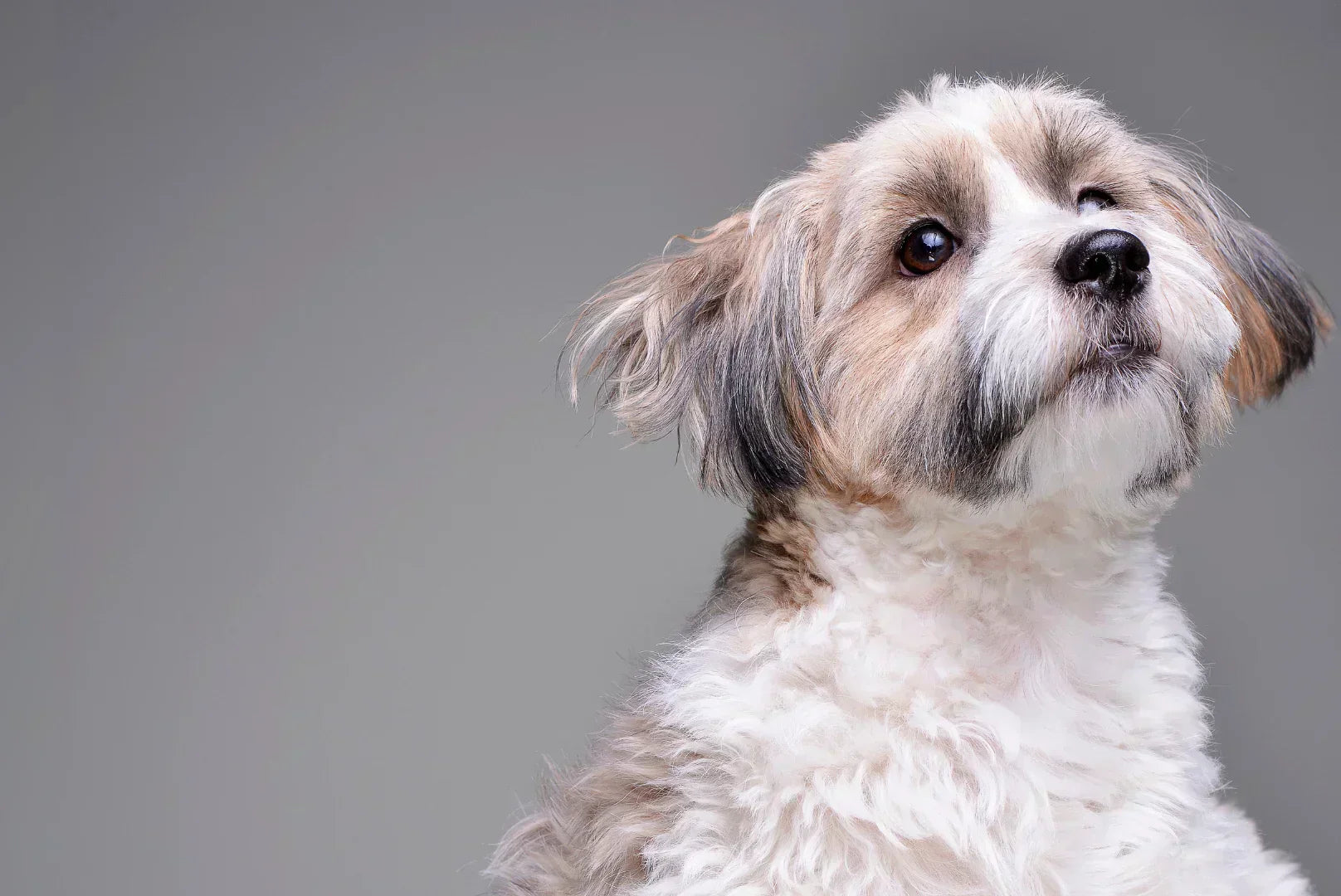
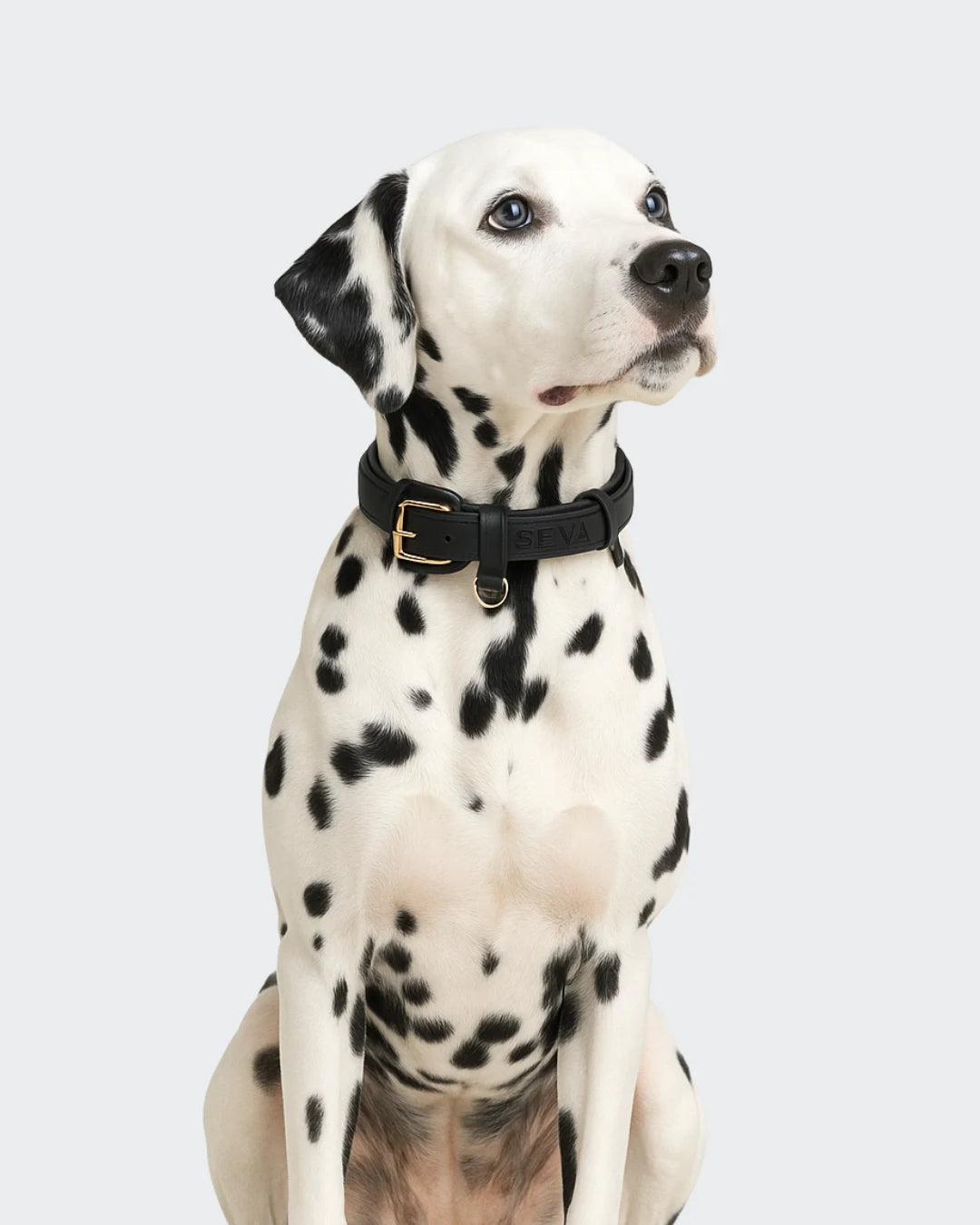
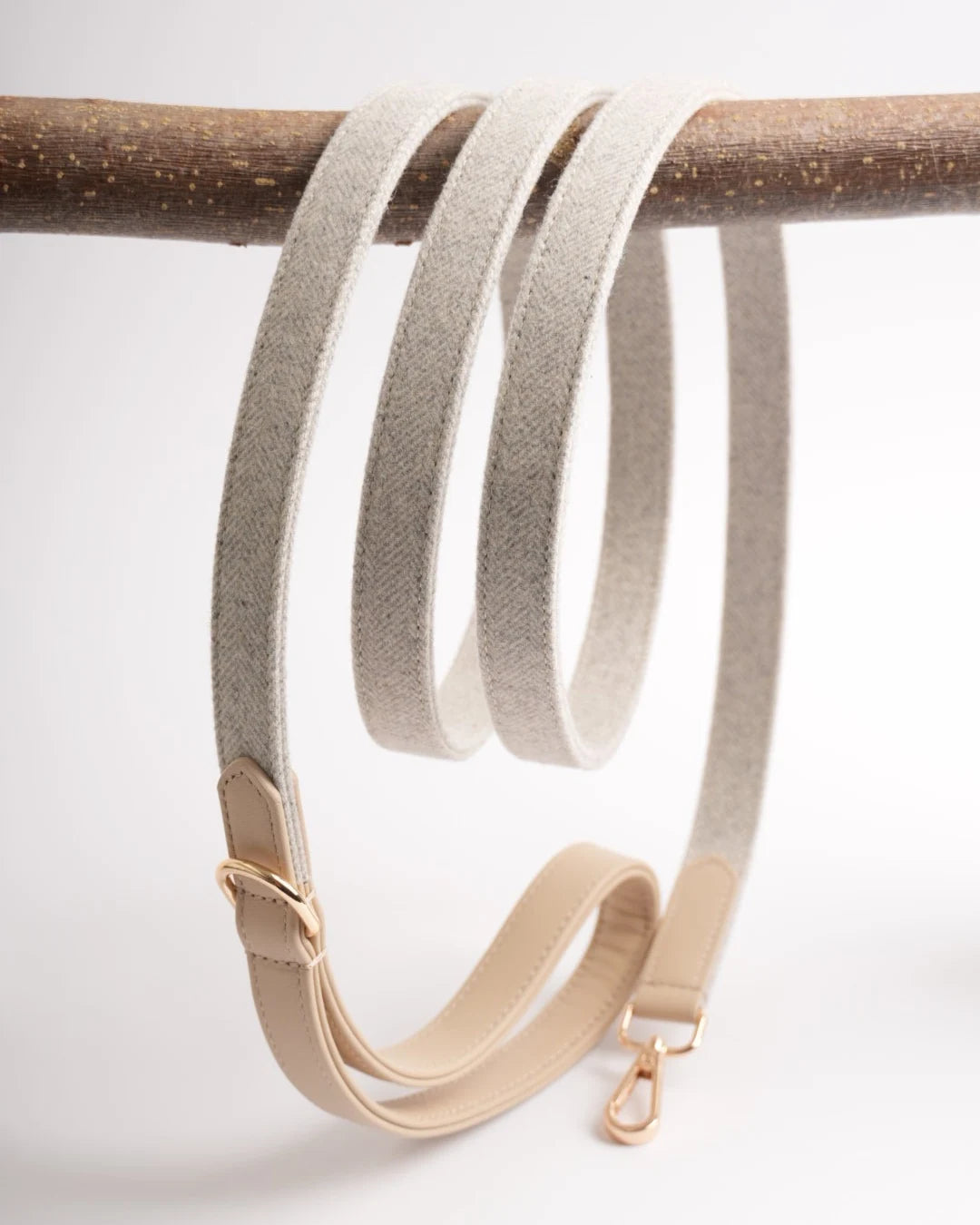
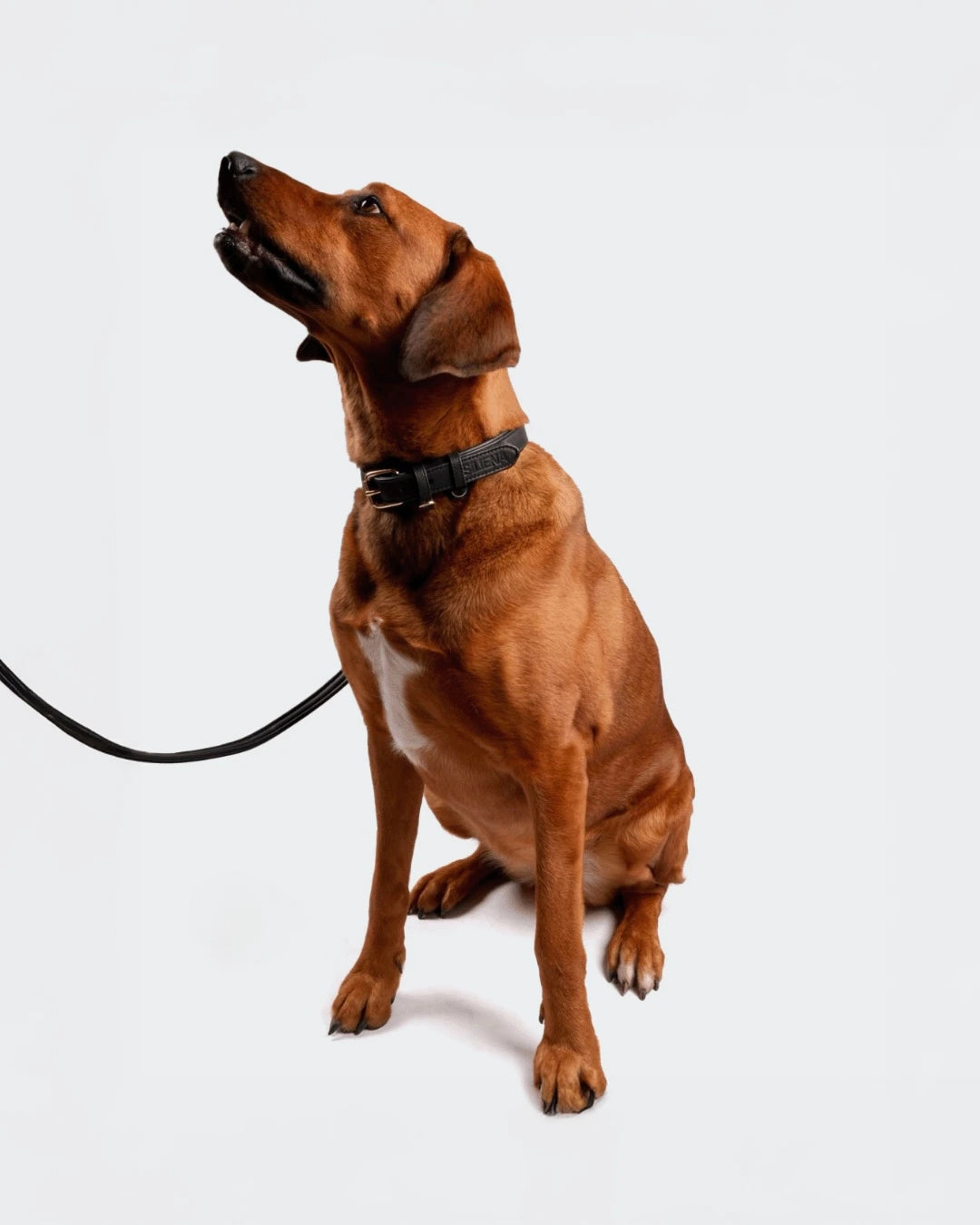
Leave a comment
This site is protected by hCaptcha and the hCaptcha Privacy Policy and Terms of Service apply.